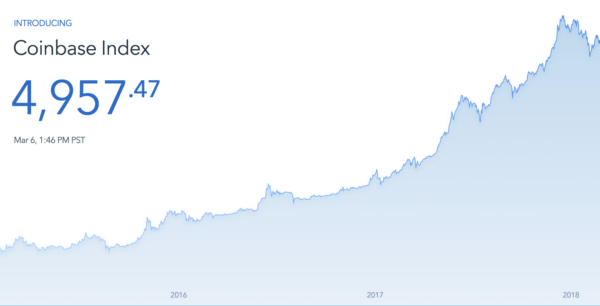Founder Vesting
Founder vesting is when founders agree that their founder’s stock will vest over some period of time, normally four years.
Many times we will come across a company that we might want to invest in and when we look into the cap table and documents, we see that the founders were granted their shares with no vesting. In those situations, we will insist that the founders vest their shares as part of a financing we do, usually Seed but sometimes Series A.
The point of founder vesting is that it is not fair to the rest of the shareholders, particularly the other founders, if one founder leaves early on in the life of a startup. I have seen situations where this has happened and its very problematic. One or more founders continue to work at the company while one or more founders leave but keep all of their founder’s stock. It creates all sorts of problems for the remaining founders and shareholders.
So the answer to this is to put a founder vesting provision into the formation documents when the founders stock is issued. Or if that wasn’t done, to fix it by putting vesting onto the founders shares when a seed or some other financing round is done.
It is typical that all founders will have accelerated vesting of their founders shares in the event of a sale of the company. If the buyer wants them to stay past the sale transaction, they can address the founders equity in the sale transaction in various ways.
It is also typical, but not often agreed upon up front, that a founder who is asked to leave, would get some additional vesting on their founders stock as part of a separation agreement. Full vesting is rare unless the founder is leaving late in their vesting term. But some additional vesting is pretty common in a forced departure.
If you and your co-founders do not have vesting on your founders stock, you should fix that. If you do a financing with a sophisticated angel investor or venture capital firm, you will be required to fix it as part of the investment deal.





